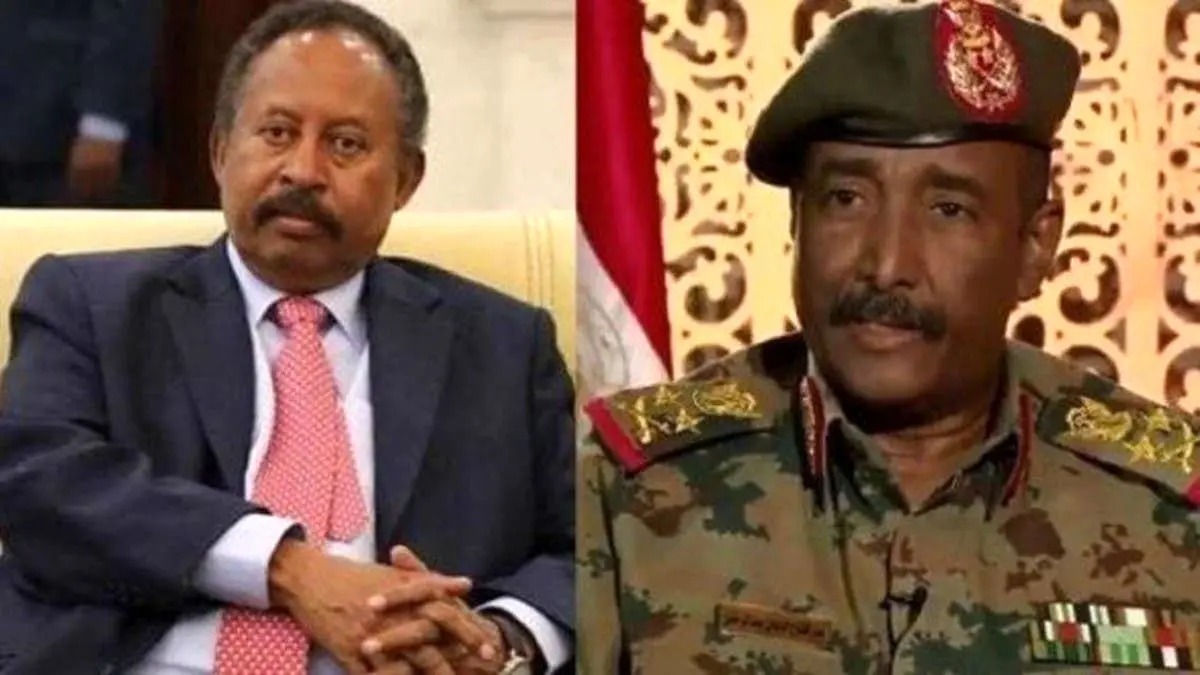Sudan’s Abdalla Hamdok released, remains under ‘heavy security’

Abdalla Hamdok, the deposed prime minister of Sudan, has been allowed to return home, according to his office, a day after the country’s military detained him after seizing power in a coup.
The release of Hamdok and his wife on Tuesday followed international condemnation of General Abdel Fattah al-Burhan’s power grab. The United States had said it would suspend aid, while the European Union had threatened to do the same.
Antonio Guterres, the secretary-general of the United Nations, had also demanded Hamdok’s immediate release as he urged world powers to unite to confront what he called a recent “epidemic of coups d’etat”.
The statement by Hamdok’s office said the deposed prime minister and his wife were under “heavy security” at their home in the Sudanese capital, Khartoum, and that other civilian officials arrested on the day of the coup remained in detention, their locations unknown.
The takeover came after weeks of mounting tensions between military and civilian leaders over the course and pace of Sudan’s transition to democracy. Al- Burhan was supposed to hand the leadership of the Sovereign Council that runs the country to a civilian next month – a step that would have decreased the military’s hold on power.
But the coup has threatened to derail Sudan’s transitional process, which has progressed in fits and starts since the overthrow of longtime leader Omar al-Bashir in a popular uprising two years ago.
On Tuesday, pro-democracy demonstrators returned to the streets, blocking roads in the capital with makeshift barricades and burning tires. Troops had fired on crowds a day earlier, killing four protesters, according to doctors.
‘Epidemic of coups’
Earlier in the day, al-Burhan made his second appearance since the coup, saying the military had been forced to step in to avoid civil war.
The general said Hamdok had been held for his safety, at his own home, and would be released.
But of the many other senior government officials detained Monday, al-Burhan alleged that some tried to incite a rebellion within the armed forces, saying they would face trial. Others who are found “innocent” would be freed, he added.
At the UN headquarters in New York, the Security Council held closed-door consultations about Sudan, but took no action. That was despite Guterres’ call for the body to act together to deter “this epidemic of coups d’etats”. The military takeover in Sudan had been preceded by coups in Myanmar, Mali and Guinea, and attempted coups in several other countries.
Guterres said strong geopolitical divides among Security Council members, and the economic and social impact of the COVID-19 pandemic has created “an environment in which some military leaders feel that they have total impunity, they can do whatever they want because nothing will happen to them”.
The council has previously issued statements expressing concern about the situation in Myanmar and condemning the military takeover in Mali. It is still discussing a possible statement on Sudan, diplomats said.
Before the meeting, Dmitry Polyanskiy, Russia’s deputy ambassador to the UN, said the council “should appeal to stop the violence from all sides”. He also said that “I don’t think it’s our task to label such situations coup or not coup”.
The US Department of State, meanwhile, said Secretary of State Antony Blinken spoke to Hamdok following his release from custody.
He also called on the Sudanese military to release all civilian leaders in detention and emphasized that the US supports a civilian-led transition to democracy in Sudan.
END
